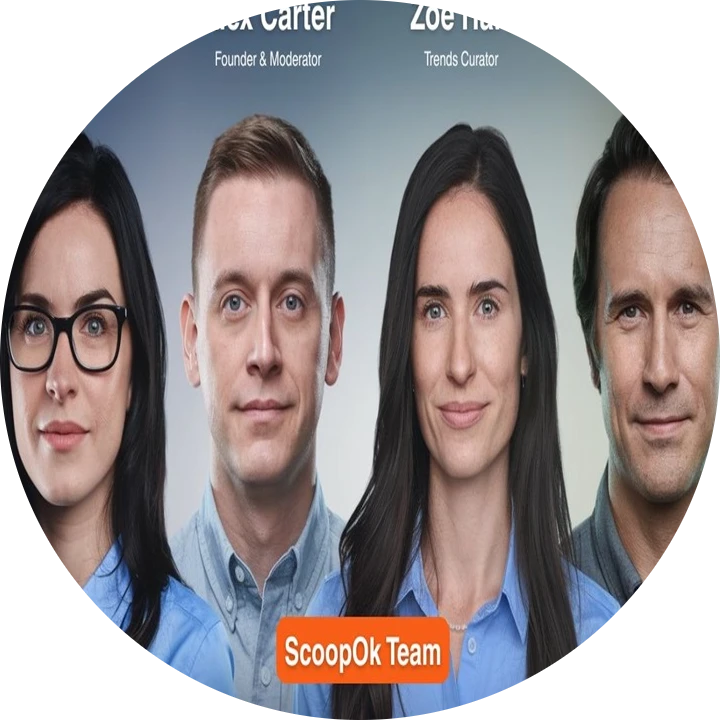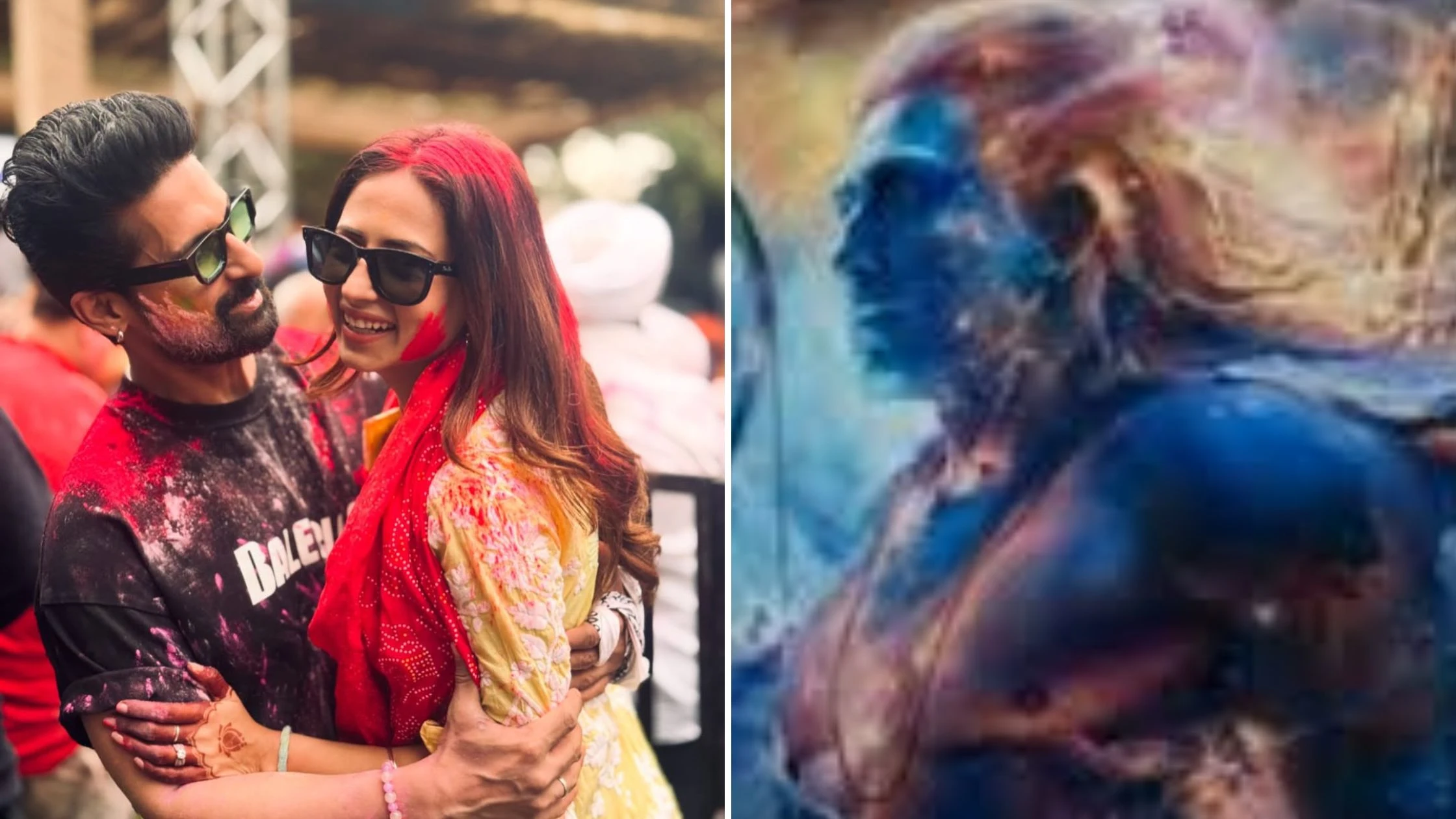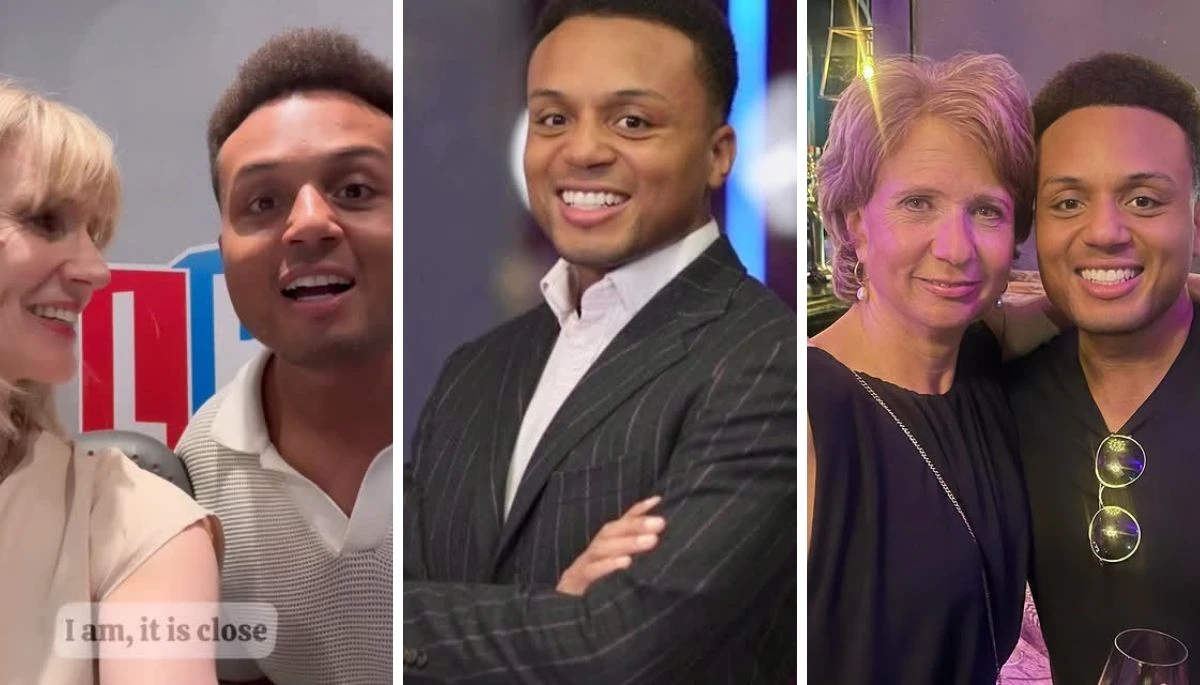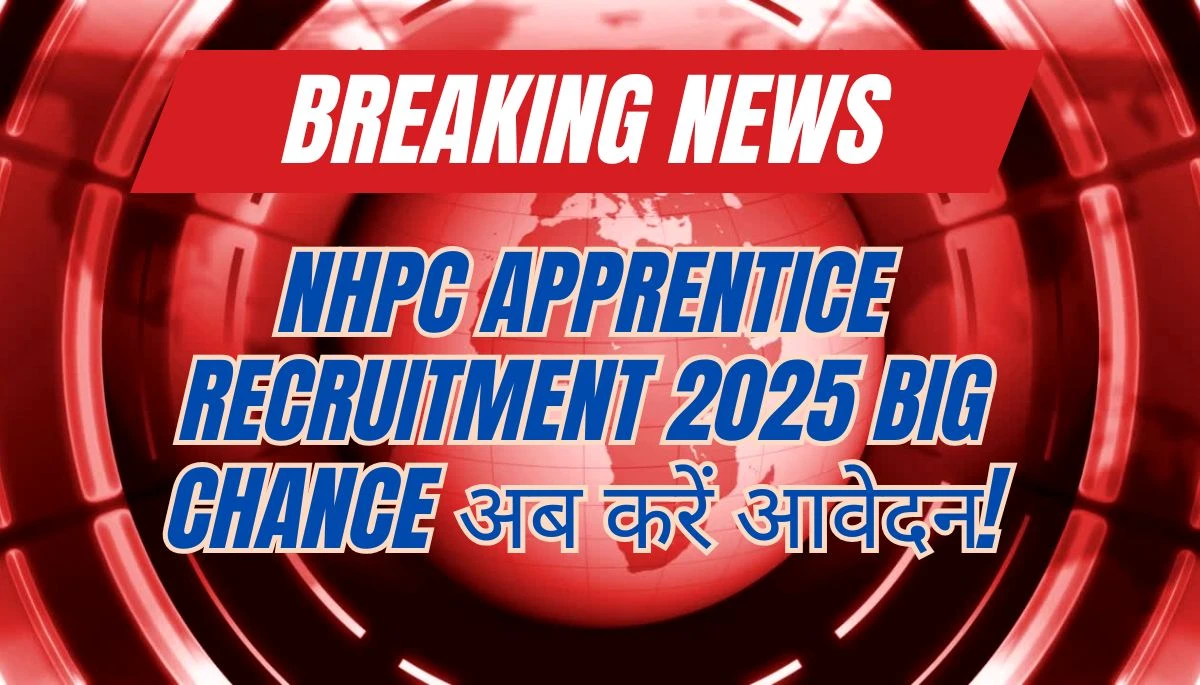Note: All content on this website is thoughtfully created using advanced AI tools and is carefully reviewed and verified by our team before publication. If you spot any errors, please contact us — we appreciate your feedback!
Taiwan‘s production infrastructure has made significant strides through platforms like Golden Horse FPP and Taiwan Creative Content Forum (TCCF), but Each Other Films co-founders Jacqueline W. Liu and Tiffany Yu-Chia Chen argue the industry faces a more fundamental challenge: convincing audiences to commit to long-form storytelling.
As exclusively revealed by Variety, the company unveiled a cross-border slate on the eve of TCCF, marking seven years in operation.
“The biggest change isn’t just in the industry — it’s in the audience,” Chen tells Variety. “Viewing habits have shifted, and fewer people are committing to long-form storytelling. That forces all of us to rethink what kinds of stories truly matter and why they should be told.”
Liu adds that while festivals and markets provide essential connectivity, they haven’t solved for production continuity. “For creatives, these platforms are a lifeline — they connect talent to partners and give independent voices a place to be seen,” she says. “But the next step is sustainability: how do we turn that exposure into consistent production flow? That’s the structural gap we all need to bridge.”
Join ScoopOK Social for Update Private News Alerts!
The duo’s response to these conditions involves expanding Each Other Films’ international footprint through co-productions that maintain what they describe as emotional authenticity rooted in Asian experience. That approach informs “Heals,” the company’s first non-fiction project, co-produced with Thailand’s N8 and World of Wonder around Pangina Heals, the Thai-Taiwanese drag performer who hosts “Drag Race Thailand.”
Chen frames the documentary through parent-child dynamics prevalent across the region. “The relationship between parents and children is the timeless million-dollar question in Asia — how to get your parents to understand what you do, and to stop worrying as you grow into adulthood,” she says. “Especially between mothers and their children, that tension is universal here.”
Liu positions the project as evidence that “non-fiction can carry the same emotional depth and cinematic ambition as scripted storytelling,” describing it as being “about the creative process of survival — how humor, artistry, and vulnerability become forms of strength.”
The company is also developing “Spent Bullets,” participating in the Taiwan Creative Content Forum, which spans Silicon Valley, Las Vegas and Taipei. Liu clarifies that despite being published under a Japanese pseudonym, Terao Tetsuya, the author is Taiwanese. The story follows two Silicon Valley engineers confronting buried secrets during a road trip.
“Shooting across Silicon Valley, Las Vegas, and Taipei isn’t just a logistical choice; it’s part of the storytelling,” Liu says. “The shifting landscapes reflect the characters’ inner dislocation.”
Also in the pipeline: “The Odd Three: Madam Tiger,” designed as a potential pan-Asian character universe, and “Love Me If You Dare,” the latest installment of the “Accidental Influencer” franchise. The latter continues what the founders describe as the series’ balance of humor and vulnerability through characters “learning to love again, to grow up emotionally.”
On genre properties, Chen positions franchise development as creating “interconnected worlds with longevity” rather than straightforward sequels, while Liu emphasizes cultural authenticity. “In Madam Tiger, we’re not retelling the folklore as it was; we’re reframing it,” she says. “These characters are more than mythical superheroes; they’re also reflections of contemporary identity and resilience.”
The company’s track record includes “Little Big Women” and “Dreams in Nightmares,” projects that Chen says demonstrate that commercial and festival success aren’t mutually exclusive. “The key is to start from the story — if it’s emotionally strong and well-executed, it can work in both spaces,” she says.
Liu distinguishes between different forms of industry validation. “Festival recognition gives you credibility, but audience love gives you longevity,” she says. “Our job is to make both happen — not by chasing prestige, but by creating work we genuinely believe in that connects with the audience.”
Join ScoopOK Social for Update Private News Alerts!
On representation, Liu argues the conversation needs to move beyond visibility. “It’s not just about who’s in front of the camera, but who gets to greenlight, to decide what stories are worth telling,” she says. “That’s where change truly happens.”
Chen notes progress in leadership roles: “What we’re seeing now are women who aren’t just participating — they’re leading, financing, and redefining creative culture. If we can help make that the norm rather than the exception, that’s the impact we want to have.”












